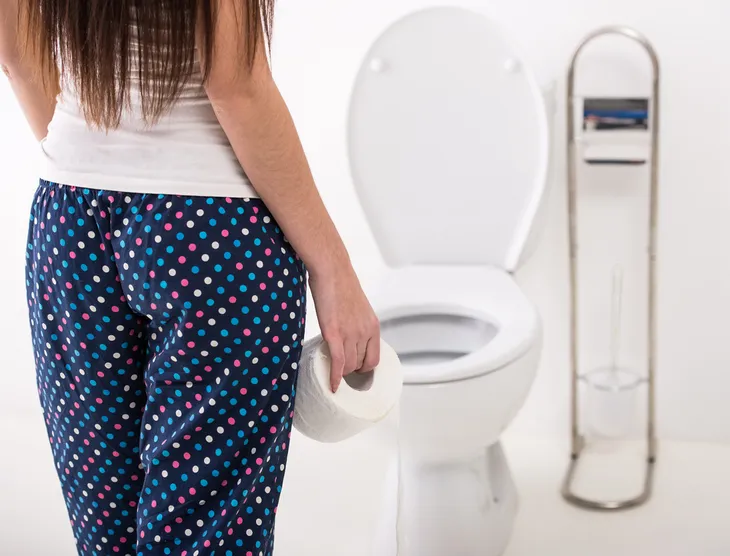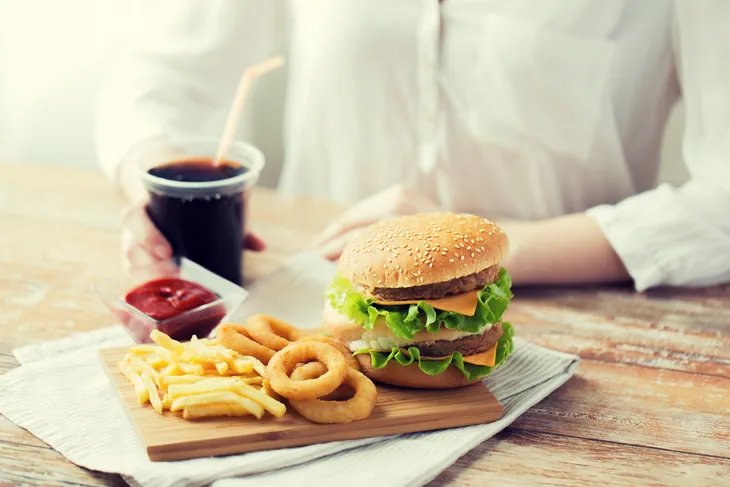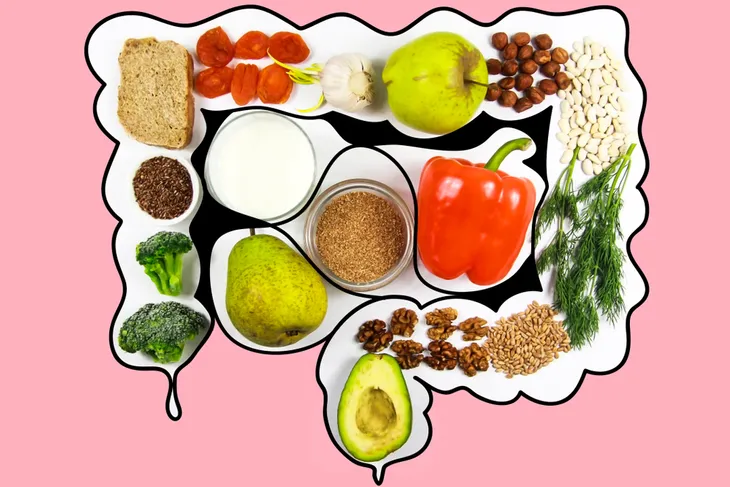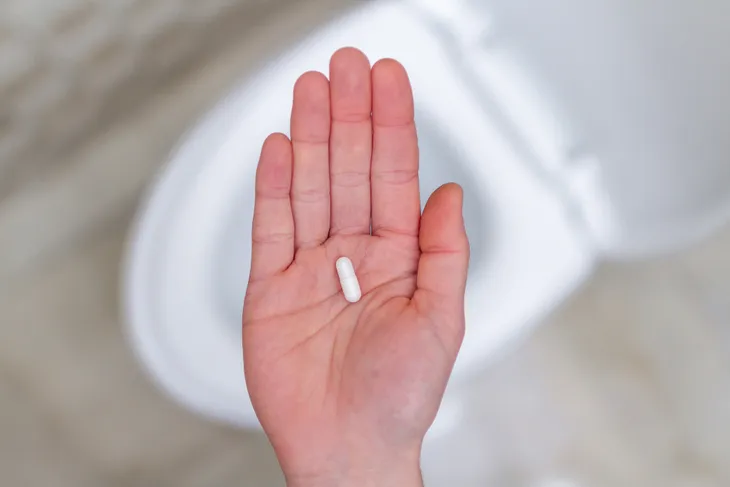If you’ve ever experienced constipation, then you should know you’re not alone. It’s one of the most common gastrointestinal problems. In fact, about four million people in the United States experience it frequently. To make matters worse, it can happen when you least expect it and lead to some uncomfortable symptoms that take time to relieve.
You might not realize it, but some habits are linked to constipation, many of which are avoidable. So, if you suffer from constipation, get to know the bad habits that may be causing it so you can help prevent it from happening in the first place.
What Is Constipation?
So, how do you know you’re experiencing constipation in the first place? Hopkins Medicine describes constipation as bowel movements that result in hard, dry stool that occur fewer than three times a week. It also comes with other symptoms that can cause major discomfort.
A healthy person should be having consistent and normal bowel movements regularly. For some, it could be up to three times a day. Whereas normal for others is three times a week.
Symptoms of Constipation
Aside from abnormal and infrequent bowel movements, there are other symptoms that are linked to constipation. WebMD says this includes:
- Trouble having a bowel movement
- Hard or small stools
- A sense that everything didn’t come out
- Belly bloating
Medications
Whether you take medication regularly or once in a while, it’s important to know that constipation is a potential side effect. Harvard Health Publishing explains how there are different reasons why medication might lead to constipation.
For example, antidepressants can affect nerve endings in the gut that impact bowel movements. Some drugs may relax muscles in the gut and lead to constipation. It depends on the ingredients in a drug and how much you take.
Not Going to the Bathroom
Sometimes, people might resist the urge to go to the bathroom even if they really need to. Maybe they don’t want to use a public restroom, are busy doing something or they just don’t feel like going.
The issue with this is if you ignore your body’s need to go, then your body may stop feeling the need to have bowel movements altogether. Listen to your body and go to the bathroom when it’s telling you to go.
Not Having a Bathroom Routine
Another factor that can lead to constipation is not having a bathroom routine. Some people may be regular and have bowel movements at the same time every day, such as when they get up in the morning. Some type of pattern like this is healthy and ideal.
WebMD says that the longer stool stays in your body, the harder it gets and the more difficult it is to pass. Trying to have a bowel movement each day can help your body regulate and move waste through your colon. Take advantage of the gastrocolic reflex (your body’s natural reflex to empty the colon after eating), and attempt to go half an hour after eating breakfast and give your body time to get into a routine.
Lack of Fiber
A doctor might ask about your diet to find out whether you’re eating enough fiber. That’s because fiber is known to increase stool frequency in patients with constipation. One study published in the U.S. National Library of Medicine suggests that fiber can help prevent and treat constipation.
The Centers for Disease Control and Prevention (CDC) suggests getting 25 to 38-grams per day. Yet most adults are only getting between 10 to 15-grams. You can do so by implementing lots of fruits, whole grains, vegetables, and legumes into your meal plan.
Foods With Fiber
There are plenty of foods that taste great and are loaded with fiber. Not only can it help your digestive tract function properly, but the Mayo Clinic says fiber-rich foods can also lower your risk of developing heart disease, diabetes, and obesity.
Some examples of high-fiber foods include:
- Raspberries
- Boiled broccoli
- Pears
- Split peas
- Lentils
- Black beans
- Whole wheat spaghetti
- Boiled green peas
- Barley
Not Drinking Enough Liquids
Not only can a lack of fiber lead to constipation, but so can a lack of liquids. Cleveland Clinic explains how most cases of acute constipation occur when people are not drinking enough water. That being said, make sure to drink more water.
Keeping a bottle with you at all times can help you stay on track. A good way to tell if you’re drinking enough water is by looking at the color of your urine. If you’re drinking enough, then the urine will appear clear or pale yellow.
Taking Laxatives
This might seem counterintuitive, but taking laxatives too frequently can result in constipation. That’s because your bowels will start to rely on them in order to function. WebMD explains that taking laxatives for a long time can end up making your constipation worse.
Instead, it’s recommended that you drink more water and add more fiber to your diet before taking a laxative. See your doctor if this issue persists before taking laxatives.
Lack of Exercise
While the last thing you might want to be doing when constipated is exercise, it can actually do you a whole lot of good. Exercise is something that can help prevent and treat constipation. Healthline explains how it’s effective in loosening your bowels, keeping yourself regular, and helping stool pass more easily.
If you’re not making an effort to get some daily exercise, then it’s time to start now. Simply go on a daily walk, do some at-home yoga, or any other way you like to exercise. The bottom line is, get your body moving if you want to prevent constipation.
Some Things Are Out of Your Control
Unfortunately, not everyone can avoid constipation simply with their lifestyle choices. Some people may be living with conditions or illnesses that are linked to it. WebMD lists the following health conditions that may cause constipation:
- Eating disorders
- Irritable bowel syndrome
- Pregnancy
- Colon cancer
- Neurological conditions
- Digestive system nerve and muscle problems
- Hyperthyroidism
- Hypercalcemia
Talk to Your Doctor if You’re Experiencing Constipation
Constipation can be avoided most of the time by making positive lifestyle choices. Things like daily exercise, eating fiber, avoiding unnecessary medication, and not taking too many laxatives are just some examples.
But if you are dealing with constipation, make sure to ask your doctor how to treat it. Sometimes, this gastrointestinal problem could even be an indicator of other medical problems. Talk with your doctor about symptoms and seek further treatment if the problem does not get resolved.















